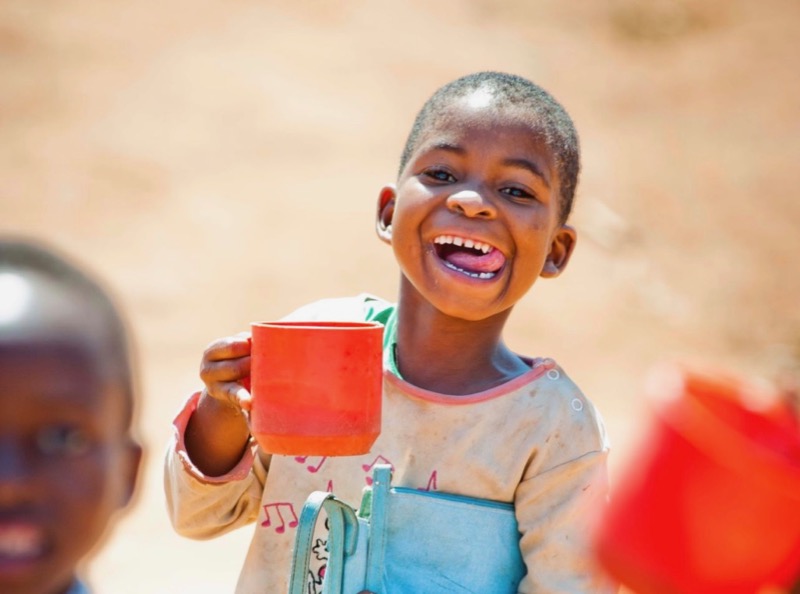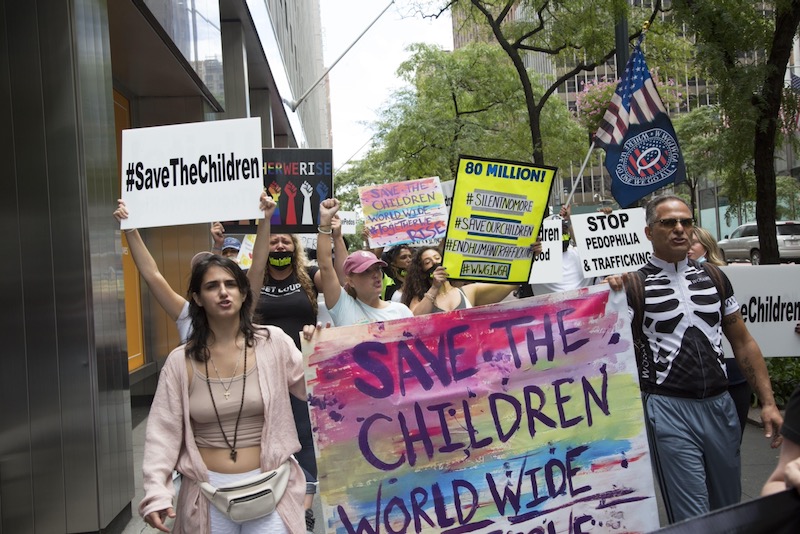In May 2021, I met with government representatives from the Irish department of children. We discussed a United Nations children’s rights committee document that calls upon the Irish State to respond to the needs of children of priests. Section 33 and 34 of the 2016 UN document states in part that the committee is concerned about the “lack of measures to ensure that children fathered by Catholic priests are able to access information on the identity of their fathers” and is encouraging the state “ensure measures to assist children fathered by Catholic priests in upholding their right to know and be cared for by their fathers, as appropriate, and ensure that they receive the necessary psychological treatment.”
In 2022, the Irish State responded to the above request. The state’s response reads: “The Irish state recognises the right of all children to private and family life.”
There is no impediment in Irish law or policy to prevent Catholic priests who father children caring for their children. However, the state has no power to compel any person to care for a child. In 2017, the Irish Episcopal Conference approved the principles of responsibility regarding priests who father children while in ministry, stating that if a priest fathers a child, the well-being of his child should be his first consideration. The document states that priests in this situation need to discharge their responsibilities and give due consideration to the best interests of the child, civil and canon law, and the views of the mother. Access to psychological support is through the HSE primary care services and community mental health teams. There is limited free-at-point-of-service psychological support available in Ireland, including a national childhood abuse or neglect service for adults.”
The UN asked the state to ensure children of priests have access to information on the identity of their fathers. There is no mention of any such measure undertaken by the Irish state. How could the state have ensured such measures?
The first step would have been in any one of the four mental health Ministers, Kathleen Lynch, Mary Butler, Helen McEntee, or Jim Daly assisting Coping, offering words of encouragement, and making a statement that society should not stigmatise such people present within the state.
The Irish Prime Minister ignored a question regarding children of priests in Irish Parliament chambers and four consecutive ministers for mental health all ignored the phenomenon refusing any assistance. How can the state’s 2022 response be taken seriously? It can’t be taken seriously.
The government confirmed to me in person, during the course of the meeting that they believed the HSE (the Irish National Health Service) would be an adequate response to this issue.
“Services which are available under the HSE’s national counselling service were discussed during the meeting, and we explored whether utilising an existing service would be a suitable way to support the cohort of people whom Coping International represent,” Government officials confirmed.
I queried the usefulness of this suggestion. Accessing the national public health system is problematic for two reasons; firstly, why should the taxpayer pay for mental health provisions for clerical abuse victims? A child neglected or emotionally abused is a victim of abuse, in this context, clerical abuse. However, and more worryingly, what about children born to priests abroad? How are said persons to access help? I advised these issues to the Government representatives last May and I received no reply. The state reply goes on to confirm: “The state has no power to compel any person to care for a child.” Surely, if the state has knowledge of absence of care for a child, or a parent is negating said duties, they may be guilty of child neglect? I also mentioned that coercive control (a crime in the Irish state) is synonymous with this phenomenon, again, this was ignored.
Section 39 of the 2018 Domestic Violence Act states: “(1) A person commits an offence where he or she knowingly and persistently engages in behaviour that,(a) is controlling or coercive, (b) has a serious effect on a relevant person, and (c) a reasonable person would consider likely to have a serious effect on a relevant person.”
The phenomenon of children of priests is characterised by secrecy, imposed secrecy that denatures the natural organic processes that develop within a family, fostering anxiety and depression in most instances. I explained this to the state, to the Government, encouraging them to make a statement that denounced coercive control and encouraged aspects of our society to welcome children of the ordained. This statement would have been an enactment of article 2 of the children’s rights convention. No such statement was ever made.
The state made no provisions to enable priest’s children to “access information on the identity of their fathers" which could have included the use of DNA analysis.
The state ignored children born to priests in foreign countries, dismissing out of hand (despite having been informed of this very issue, asking for the department of foreign affairs to assist) their needs. By the deliberate and knowing omission of said persons in the 2022 Government reply, the Government essentially denied their existence. They were told about such persons, and their needs and they ignored them.
The state ignored the issue of coercive control, that is something the Government could highlight.
Senator Ronan Mullins commented on the governmental approach to the issue of priests’ children. He said: “The government may believe that it would open Pandora’s box by recognising and resourcing the issue [Coping] raised and that this could lead to a significant cost burden among other effects. […] The Government could potentially be drawn into addressing the issue in a wider context.”
In January 2021, the Minister for Mental Health stated: “It would not seem to be appropriate to group all children of priests as having [mental health needs.] In the case where individual needs are identified, an appropriate referral for mental health assistance should be made to either the public or private service, depending on the individual's entitlement, eligibility, or circumstances.”
The minister did not recognise the ingrained default silence common to this unique situation, that fosters impaired negative mental health. Not recognising this catalyst of impaired mental health on behalf of priests’ kids enables it, by effectively turning a blind eye to it.
All of this effectively means that the Irish state has, in part, contravened the convention on the rights of the child. Of course, the interesting part is, they are not alone. The Vatican ambassador to the United Nations confirmed to me last week: “In this regard, it confirms that it has not received any further information regarding the timeline for the presentation of the next periodic review of the Vatican City State under the Committee of the Rights of the Child. It once again reassures you that, when further information is available, it will communicate such information to you in a timely fashion.” The Vatican’s response was due in 2017.
To date, the state has refused to assist Coping, a registered Irish charity in any way, which says a lot about the state’s alleged progressive status. TThe state has done nothing but ignore this issue out of hand, deliberately, and for years.
In 2014, the national manager for Child First said in an email to Coping: “I do not think that the definitions of child abuse and neglect as outlined in Children First Guidance 2011 provide for the kind of psychological, emotional suffering that children of parents who deny or neglect any parental responsibility may cause.”
How can the state dismiss groupings of marginalised people since abuse is case by case? Irish politician, Claire Kerrane has assisted Coping in questioning the Government on their neglectful stance of marginalised people, the children of priests and Government responses are pending.
Coping will be making a submission to the United Nations committee on the rights of the child in advance of their examination in 2023. As part of this the state has submitted its report to the UN committee of the rights of the child on its progress on implementing children’s rights under the convention. It is Coping’s consensus, not only have they not fulfilled their responsibility to condemn systemic stigma toward children within the state, but they have directly enabled it, by ignoring us, again and again.



 Loading ...
Loading ...
What do you think?
You can post as a subscriber user ...
User comments (0)